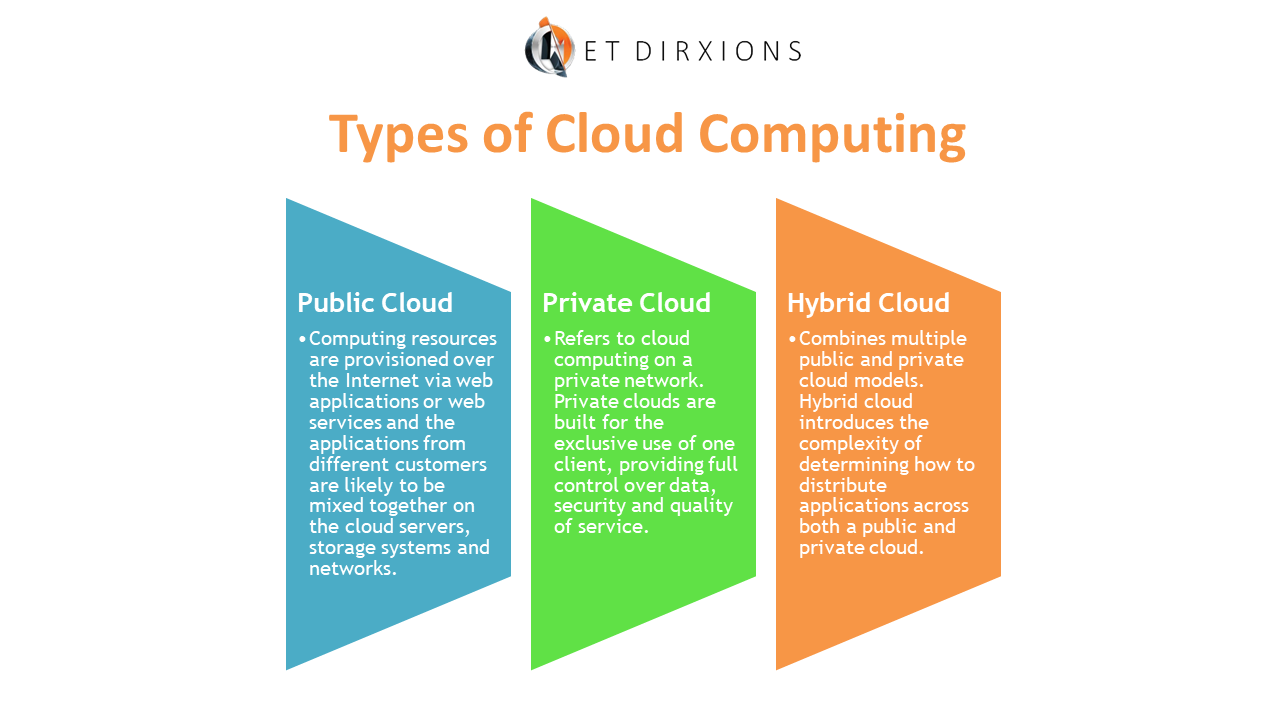The Benefits of Cloud Computing
Viewing entries tagged
Boston Cloud Services
The cloud refers to using off site computing resources and storage to supplement or even replace the use of on-site/in-house resources. Instead of buying hardware and software to support your business, you are basically outsourcing this set of tasks.
There are 4 benefits for the small firm and today we will look at the first 2.
Elasticity – With onsite computing, if you need additional capacity you have no choice but to purchase that capacity in discrete steps, which means bearing the costs of being over-capacity for a period of time until growth catches up. Onsite computing also means you must have the capacity to handle your own peak computing and storage demands, and resources may go underutilized much of the time. The cloud allows complete elasticity in the utilization of computing resources. You buy only what you need, as you need it. You can grow or downsize as the business demands.
Pay as you go – On-site hardware involves significant capital expenditures. The cloud allows you to pay for only what you use. The cloud also allows you to benefit from economies of scale that aren’t available using the in-house model. Labor, equipment and maintenance expenses are shared across a vast pool of users.
In the next few weeks, we’ll return to this subject to look at other ways the cloud brings efficiencies to your technology infrastructure that you could never achieve on your own.
What is the Cloud: A Simple Analogy
You use the cloud and don’t even know it. Do you go to Amazon and create a wish list? Do you have an email account on Yahoo? That is cloud computing. All your emails are stored on Yahoo servers somewhere. They are on physical servers, of course, but they aren’t on your laptop. The advantage is that when you spill your coffee onto the laptop keyboard, you haven’t lost all your emails even if you never backed up your hard drive. ( If you haven’t, shame on you, by the way.)
Here is a simple analogy to explain how the cloud works and why it might be a very useful part of your business model. Picture the small, very cramped office space of a little start-up. You and a few coworkers sit in tight quarters with messy desktops buried in mounds of papers, files, and pizza boxes. There is absolutely no room for storage. (Throw the boxes out yourself. There are limits even to cloud technology) It will be a long time until you can afford a larger office space. Your building manager offers to rent you an empty file cabinet in the basement. Although the basement space is shared with other tenants, only you and your team have keys to this locked cabinet where you will store all those piles of paper. Your rent is relatively cheap compared to other tenants, since you’re only paying for the cabinet, and not the larger lockers they have leased.
Suddenly, those once covered desktops are clean, leaving space to work. More importantly, the papers are all nearby, each of you has a key, but they are safe from everyone else in the building or outside. They are also safe from spilled coffee and pizza crumbs. You’ve avoided the dramatic jump in fixed costs required to find bigger office space, when all you needed were several feet of filing cabinets. Even better, the money saved is put back into the core goal of providing a product or service to a customer.
The cloud does the same thing. You rent only the space you need, it is safer from hackers than your on-site server will ever be, secure from thieves, and protected from accident prone employees. Unlike the rest of us, cloud service providers don’t have coffee cups near their keyboards or forget to do monthly backups. In short, the cloud provides scalable storage without large incremental leaps in fixed costs you really can’t afford.






